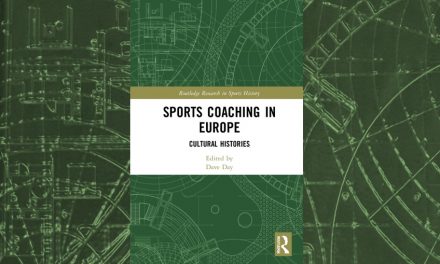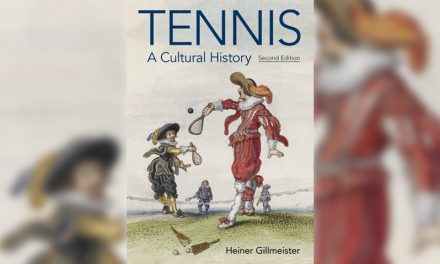Growing Up with the Trinity brings to life that unique period in 60s football when Manchester United had three European Players of the Year – Charlton, Best and Law – in their team. As the Manchester football scene blended with music and fashion, a young boy found inspiration watching these legends.
You can find out more information and purchase the book here: https://www.pitchpublishing.co.uk/shop/growing-trinity.
Review of Growing Up with the Trinity
by Prof Dave Day of Manchester Metropolitan University, History Dept.
Involvement in sport, whether as a participant or a supporter, is an intensely personal experience and one that is often difficult to put into words, even for those, such as author Brendon McGuire, whose careers as academics have been founded on their ability to write and to disseminate knowledge. As a result, many sporting books, such as histories of clubs or biographies of players, either descend into descriptive narratives, in which the language used fails to transmit the emotional connection between individuals and their communities, or become hagiographies, which act as uncritical, unreflective homages. There are signs of these approaches in this text, especially in the chapters that deal with Charlton, Best and Law, but that is perfectly understandable and acceptable in a work in which McGuire uses the biographies as a means of transmitting to the reader the significance of their lives and playing careers to the young man immersed in supporting Manchester United as such an important adjunct to the world that surrounded him. The Club, its supporting community, and the players, all played a part in helping McGuire to discover who he was and giving him inspiration. As he says at the end of the text, he always attended games in the expectation of experiencing an ‘electrifying magic show where anything was possible’ and the world became a ‘place of opportunity’. Around the globe, passionate supporters of clubs and players would instantly recognise these feelings and it is to McGuire’s credit that he manages to convey these emotions, implicitly and explicitly, throughout a book that should appeal to anyone whose attachment to a team has shaped their adult lives.





